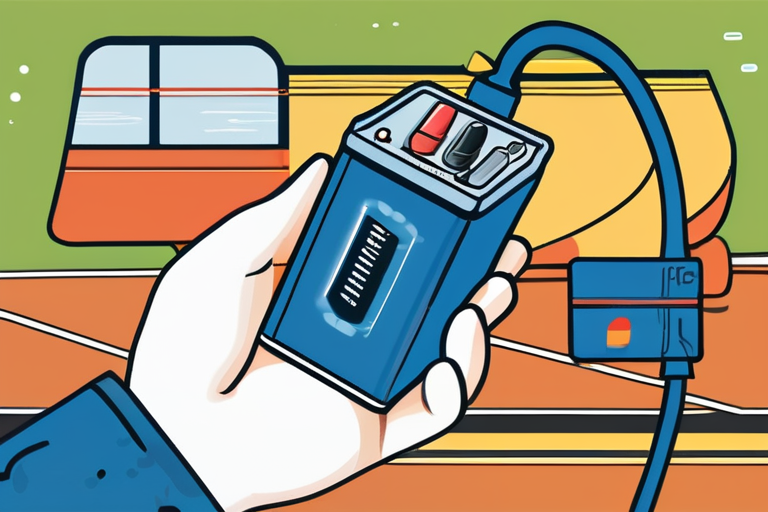Millions of Children Poisoned by Lead-Acid Batteries: 3 Proven Solutions to End Global Health Crisis


Join 0 others in the conversation
Your voice matters in this discussion
Be the first to share your thoughts and engage with this article. Your perspective matters!
Discover articles from our community

 Hoppi
Hoppi

 Hoppi
Hoppi

 Hoppi
Hoppi

 Hoppi
Hoppi

 Hoppi
Hoppi

 Hoppi
Hoppi

Lead-Acid Batteries Poisoning Millions of Children Globally: Proven Solutions Emerge Khan Younis, Gaza - Across the Global South, an estimated …

Hoppi

Childhood Plastic Exposure Linked to Chronic Diseases: Experts Warn of Lasting Risks A comprehensive review by researchers at NYU Langone …

Hoppi

Lead-Acid Batteries Poisoning Global South: Proven Solutions Emerge Khan Younis, Gaza - The recycling of lead-acid batteries has become a …

Hoppi

Portable Batteries for Road Trips: A Reliable Option? In a bid to alleviate the anxiety of running out of power …

Hoppi

Portable Batteries for Road Trips: A Reliability Test with Three Kids In a recent experiment, ZDNET's team put portable batteries …

Hoppi

Portable Batteries for Road Trips: A Reliability Test with a Twist In a bid to determine the reliability of portable …

Hoppi